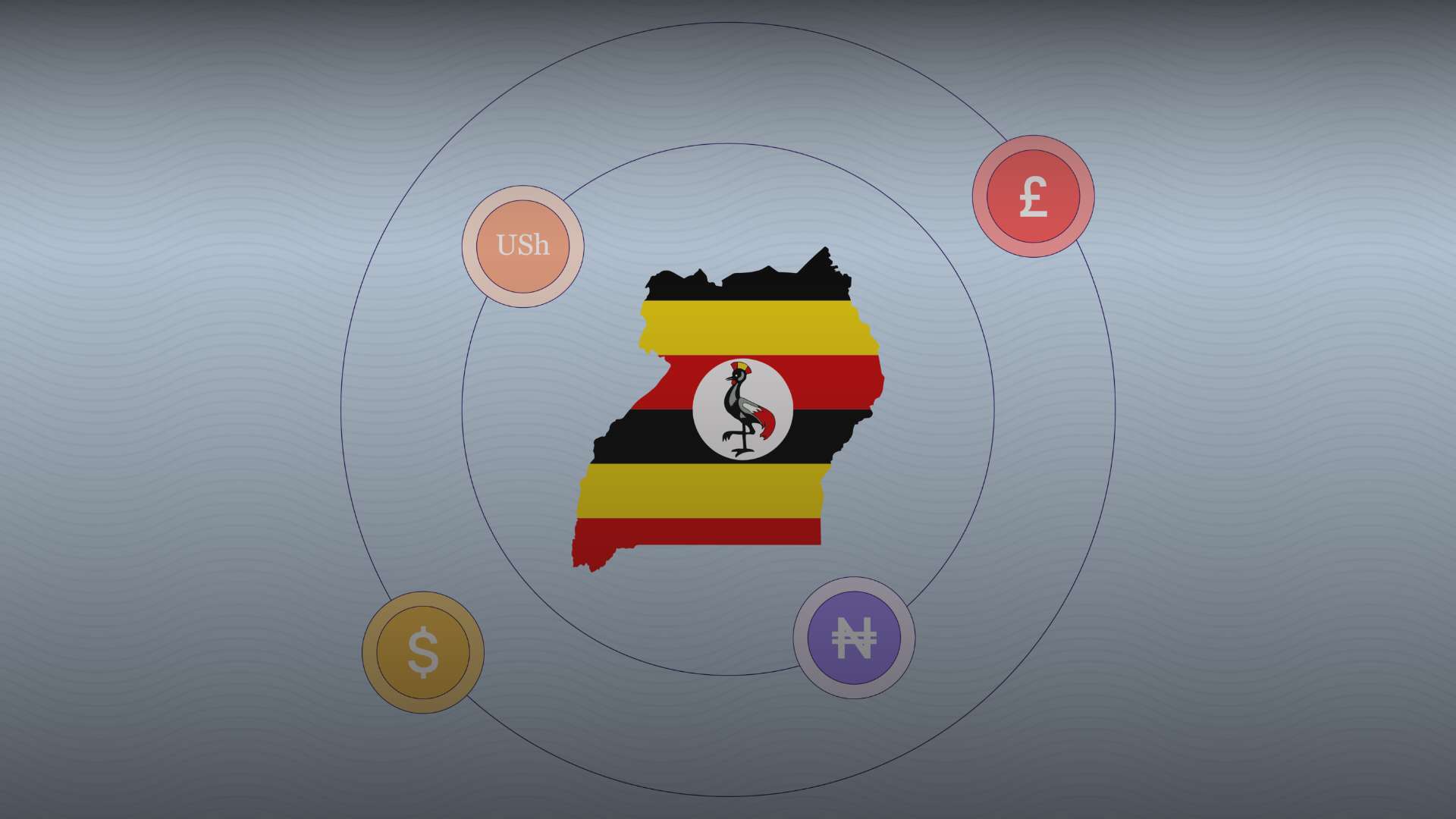Despite the numerous economic benefits that cross-border trading across Africa would bring, the long-time challenges stifling it has remained. Lack of proper payment and physical infrastructure, excessive bureaucracy, inadequate financial services, high cost of transportation and lack of access to export markets have all slowed down the rate of successful cross-border trading in Africa.
In payment, for instance, the bottlenecks in moving money around the continent have greatly affected cross-border trades across Africa. These challenges include high cost and low speed in moving money across the continent, dependence on foreign currencies, lack of forex liquidity in traditional banks, ambiguous regulatory requirements, lack of trust in local currencies etc.
However, with new technologies and the emergence of an innovative and youthful population shaping Africa’s future, there’s optimism that these challenges will soon be a thing of the past. In truth, a lot of work and innovation has been looking to solve these challenges.
The PanAfrican Payment and Settlement System—PAPSS is an example of such innovation, but it’s still facing the challenges of acceptance and adoption. Other innovations have been coming from fintechs building the infrastructure to aid cross-border trades across Africa.
We at Fincra have been focused on building local, online, and offline payment infrastructure for African and global merchants, financial institutions, fintechs and large corporations.
The problem with the payment infrastructure in Africa has been a big motivation for us because we believe there has to be a seamless transfer of value within the continent and with the rest of the world for Africa to achieve true prosperity.
With payment being the main trigger for trade, building the infrastructure to power cross-border trades across the continent is essential to the region’s economic development. With more cross-border trades, Africans will have more jobs and increased income. The benefits are the infrastructure that powers Business to Business payments is so important in this conversation.
Cross-border B2B payments
On a global scale, B2B payments are the main drivers for cross-border trades, with an estimated worth of $125 trillion, more than double the size of consumer payments. This trend, unfortunately, does not apply in Africa.
To solve this problem, Fincra has a solution with a product called Pay-Out that allows businesses, merchants, money transfer platforms, and fintechs to do transactions outside of their own country and send money internationally.
Currently, Fincra’s Pay-Out powers money transfers in more than 30 different currencies and to over 150 countries via API or the Fincra Dashboard. This solution powers B2B payments within Africa.
Sending money to Uganda
For a typical use case for how Pay-Out works on Fincra, businesses can make B2B payments to Uganda using Fincra. Businesses in Africa can make B2B payments to bank accounts, mobile money wallets and cash pickup centres in Uganda.
For a start, there’s that flexibility to pre-fund your wallet in Uganda Shilling (UGX) for payouts.
Fincra further simplifies this cross-border payment process with its Liquidity APIs, which can automatically make conversions across African currencies, including UGX.
Fincra makes it possible for any business across Africa to make payments to partners, suppliers, investors etc., in Uganda to facilitate trade and boost economic activities across the continent.
With Fincra, you can initiate transactions to Uganda through your local currency without the headache of transaction limits or liquidity issues one would typically face with a bank.
B2B payments are the key drivers for the next frontier in cross-border trading and business in Africa. With Fincra, it’s as easy as sending a text message. To experience this ease today, create a free account to get started or talk to a sales rep.




